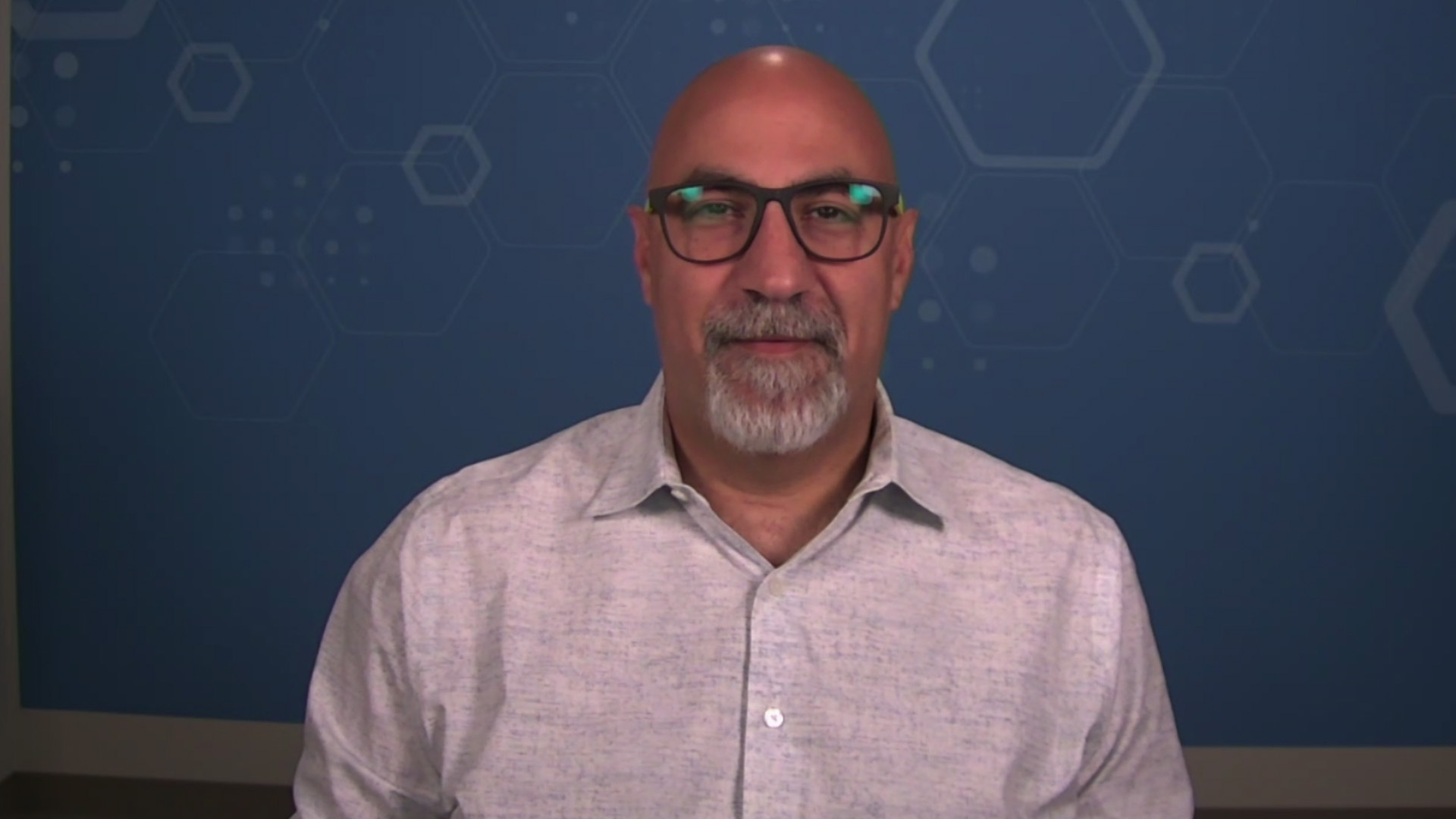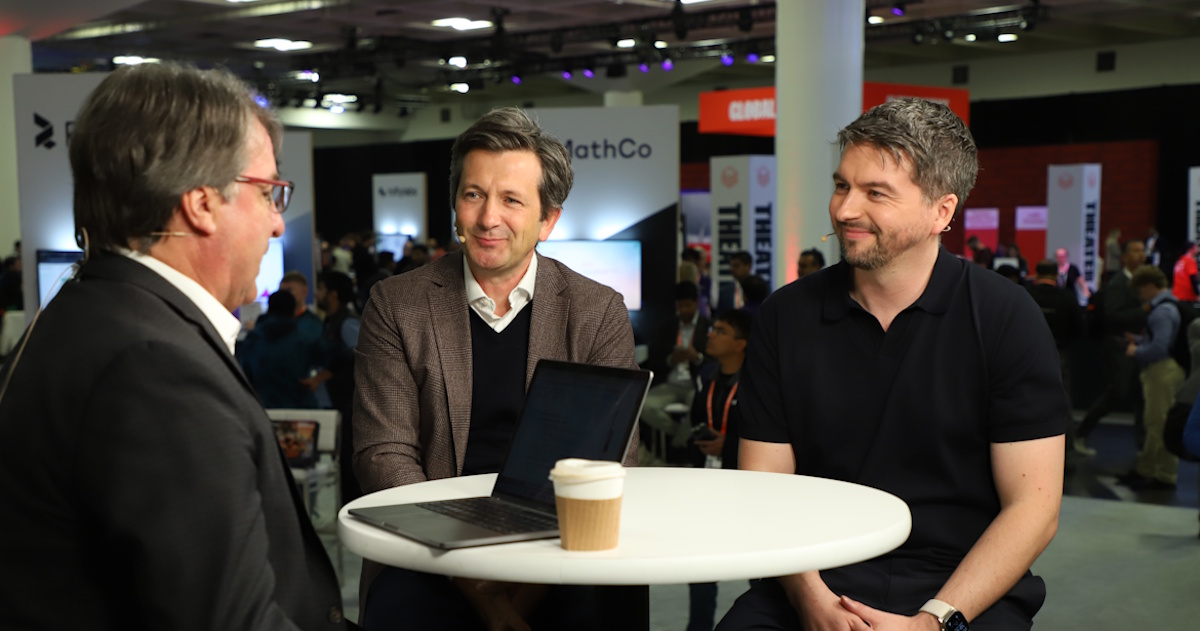Enterprises are racing to reinvent how decisions get made and who, or what, makes them. Artificial intelligence is entering a new phase of transformation with the rise of agentic AI, a wave of autonomous systems that can operate, learn and decide on their own.
As these capabilities move from concept to real-world implementation, organizations face a pivotal challenge: scaling intelligent systems while safeguarding trust, transparency and control. Rather than rip-and-replace strategies, companies are weaving agentic tools into their existing infrastructure, reshaping workflows from the ground up. Success now depends on explainable frameworks and deployment models built for both speed and accountability, according to Shadi Shahin, vice president of product strategy at SAS Institute Inc.
“At SAS, we’re really into making our customers successful as fast as possible, understanding that the technology landscape is always evolving and we continue to innovate,” Shahin said. “At the end of the day, we’re not in it just for the technology game. We’re in it for them to be as productive as possible to get to the decisions they need to make.”
Shahin spoke with theCUBE’s Scott Hebner at the AI Agent Builder Summit, during an exclusive broadcast on theCUBE, News Media’s livestreaming studio. They discussed how enterprises are adopting agentic AI to automate decision-making while emphasizing trust, transparency and scalable integration into existing systems. (* Disclosure below.)
Building trust in agentic AI is essential for business success
SAS is focusing its agentic AI strategy on three core areas: embedded assistants to improve productivity, customizable agents to fit unique workflows and out-of-the-box agents based on proven industry models. This flexible approach is grounded in SAS’ legacy in data management and decision support, ensuring that enterprises have a trusted foundation as they explore new AI frontiers, Shahin explained.
“Agents is really the ability to give systems the autonomy to make the decisions on our behalf. Now, that’s good. At the same time, you can imagine the kind of risk or fear that they could bring on,” Shahin said. “Agents are really about the autonomy, smarter, the ability to make nested decisions while we have the ability, or we feel we need the ability, to monitor those so we’re not led down the wrong path.”
This emphasis on trust and validation extends throughout the SAS Viya platform, which enables full-cycle development, deployment and monitoring of AI agents. Organizations must start with specific, measurable goals to avoid early missteps and build confidence in agentic systems, according to Shahin. A phased approach — scoring incremental wins and expanding from there — can help overcome uncertainty and drive adoption.
“Find a place to get started where you know can monitor and you can measure the value of that agent and then don’t try to solve it for a hundred agents, solve it for one and then iterate and continue,” he added. “Building on successes is a way to go to get started, and then you can get the funding you need to do the next ones.”
Another area of concern is data quality and the risks introduced by synthetic content and hallucinations from large language models. Governance, transparency and monitoring from build time to deployment are important, Shahin explained. SAS incorporates explainability mechanisms and rule-based compliance checks across its platform to mitigate potential harm.
“We have to recognize that … the data we have is the data we need to trust, and you need to apply rigor there to make sure you understand what you have at your disposal,” Shahin said. “We’ll keep coming back to this theme of how do I trust it? It starts with the data, but it’s much more than that.”
Here’s for the complete video interview, part of News’s and theCUBE’s coverage of the AI Agent Builder Summit:
(* Disclosure: SAS Institute Inc. sponsored this segment of theCUBE. Neither SAS nor other sponsors have editorial control over content on theCUBE or News.)
Photo: News
Your vote of support is important to us and it helps us keep the content FREE.
One click below supports our mission to provide free, deep, and relevant content.
Join our community on YouTube
Join the community that includes more than 15,000 #CubeAlumni experts, including Amazon.com CEO Andy Jassy, Dell Technologies founder and CEO Michael Dell, Intel CEO Pat Gelsinger, and many more luminaries and experts.
THANK YOU









